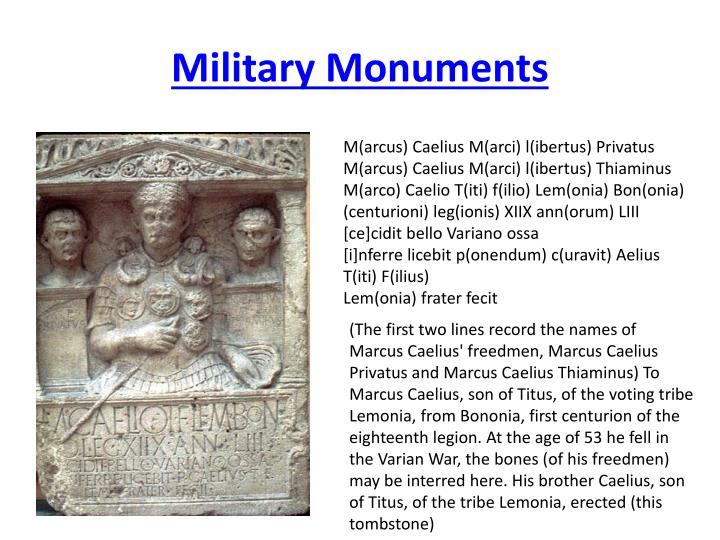

I firmly believe that observing Advent in a quiet, prayerful manner, engaging in acts of charity, born of faith, through which we make manifest the hope we have for the day of our Lord Jesus Christ, along with penitential acts, like fasting, are effective ways to counter the grotesque sentimentalization of faith, which is the reduction that follows from allowing ourselves to be spiritually co-opted. "I'd like to buy the world a Coke" and all that. This is what often counts for us as tradition because it's what we deem worth handing on. Increasingly how we commemorate "Christmas season," all of which happens and comes to an end on Christmas day (i.e., the true beginning of Christmas), is by looking back longingly on ad campaigns of old. It is a way to resist Western hedonistic consumerism, which, due to skillfully manipulative marketing over decades, has largely succeeded in reducing Christmas to an orgy of buying and self-indulgence.
#Privatus roman trial
On the consequence of the trial dynamics it might appear, that the denunciator initiated the criminal case or that the court acted ex officio.It seems to me that observing Advent in our present cultural context, above all other aspects of truly Christian praxis, is a way for followers of Jesus Christ to resist so many things that are, to state it bluntly, contrary to authentic Christianity. However, it seems to be more interesting, that the function of the delator was available for everyone, regardless to his social status, because it did not base on a construction of the actio popularis. Whereas denunciator ? informer did not have a position of a subject in the trial, but was not responsible for the faith of the process, but also could not request to convict a defendant or submit any claims. Liability of prosecutor was spread on the substantive sphere (liability for committing calumny) as well as on the strict procedural area. He was able to use the information of a denunciator, but also took all personal responsibility for all undertaken legal actions.


He acted personally on his own behalf, but in the public interest. Prosecutor, in the process from 149 BC, performed as an extrajudicial subject from his own civic initiative on the base of the actio popularis. criminal law, it is worth to check the main issue to a specification: denunciator (delator) ? prosecutor (accusator). Apart from a function of a prosecutor in archaic period of the Roman. Moreover, it concentrates on the legislative participation of the Secretaries in creating Imperial Rescripts.Īmong the subjects, occurring in the public scene of Ancient Rome, also in trials, we can analyze the term and function of the delator, which in legal sphere might be understood, depending on a type and a model of a process, as: an applicant, a requested person, a denunciator, an informer, an accuser or a witness. Basing on Roman Law, epigraphic material and literary sources the article presents the Rescripts as a source of Roman Imperial Law.
#Privatus roman professional
Who was responsible for creation of Imperial Rescripts? The Emperor or professional Secretaries? What tasks did the Secretaries perform? These questions have been the matter of academic discussion for a long time. Since that moment the Rescripts as Imperial Constitutions became very common. The Emperor Hadrian reorganized the chancery, which became the state pillar of administration. These central departments created two forms of Imperial Rescripts: epistulae and subscriptiones. The bureau of Imperial correspondence (ab epistulis) was receiving letters from off icial sources, but the bureau of petitions (a libellis) was receiving the petitions addressed by private individuals to the Emperor. Only these high civil off icials participated in creating Imperial Law. The Secretaries ab epistulis and a libellis were very important element of Imperial administration.


 0 kommentar(er)
0 kommentar(er)
